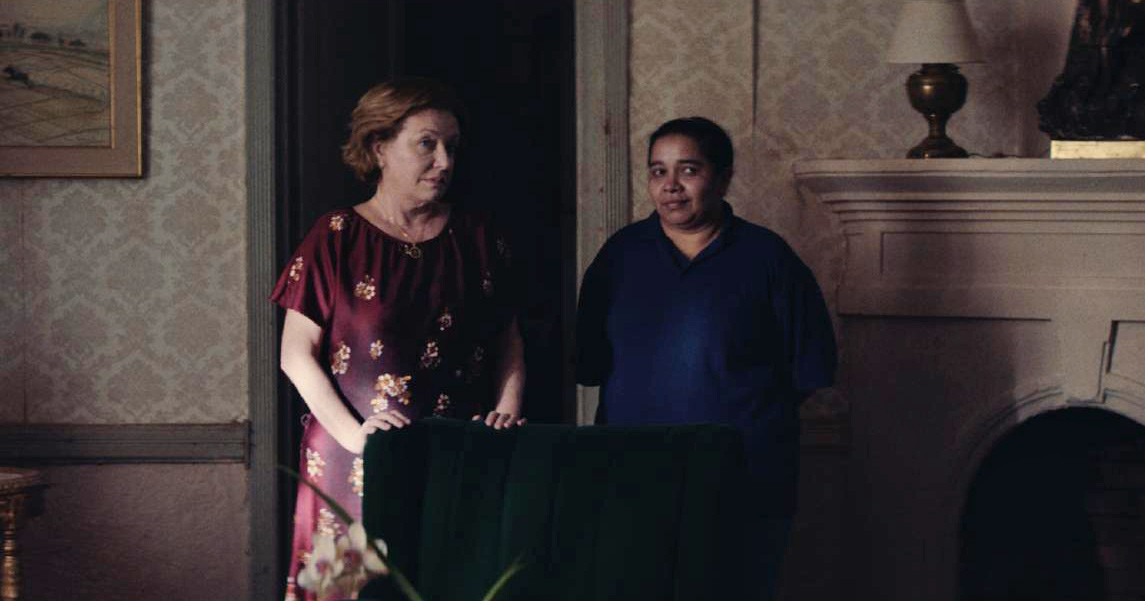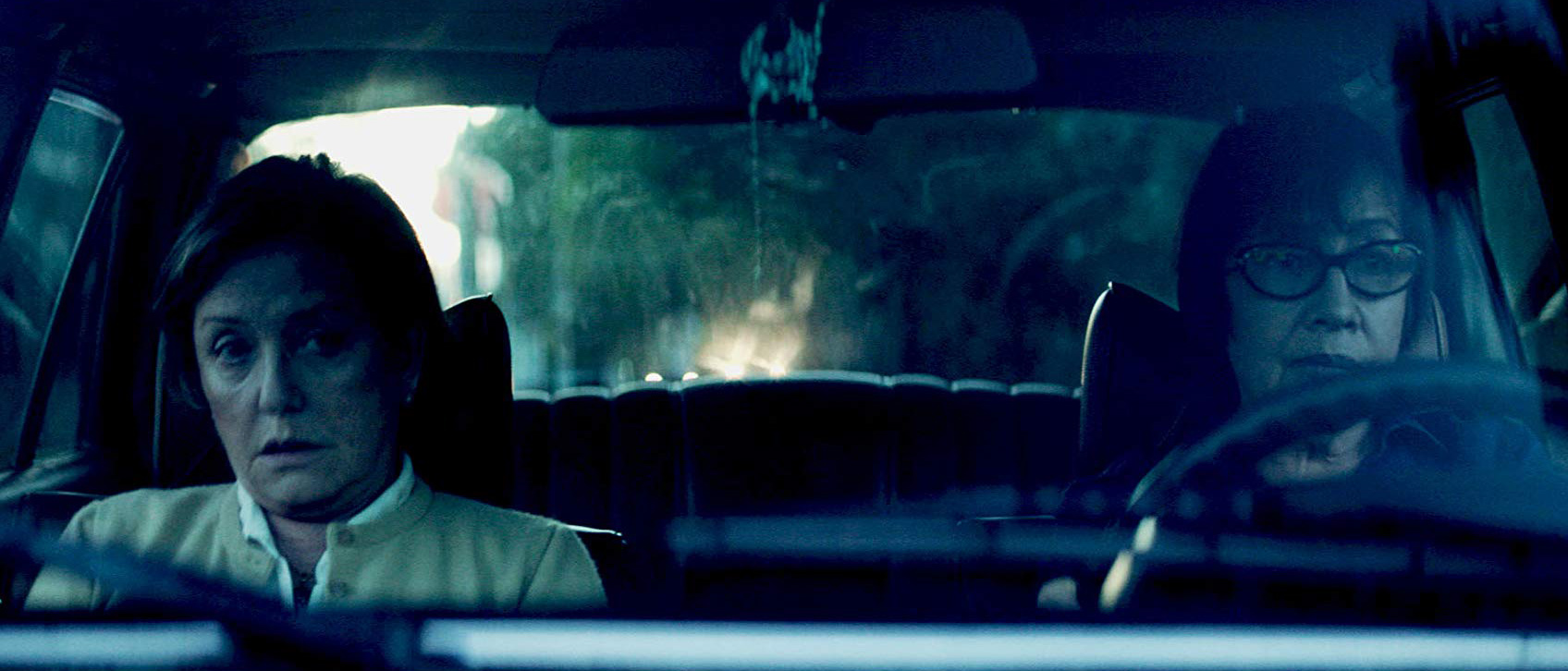The Heiresses Review

Genre: Drama
Directed by: Marcelo Martinessi
Starring: Ana Brun, Margarita Irun, Ana Ivanova
When we first meet Chela (Ana Brun), she is hiding in a cupboard, watching strangers peruse her possessions. Both she and her partner Chiquíta (Margarita Irun) come from wealthy families, but thanks to some unscrupulous financial dealings, the pair are in trouble. They find themselves in enormous debt, and Chiquíta is sent to prison, charged with fraud.
Alone for the first time in decades, Chela struggles. Things start to look up when a favour done for a neighbour leads to her starting a taxi business. A new friendship with the vibrant Angy (Ana Ivanova), adds some light to Chela’s life, but when their relationship takes an unexpected turn, matters get complicated…
There’s subtle, and then there’s The Heiresses. Despite the potentially dramatic subject matter here (prison, class warfare, love affairs), everything is treated with a resolute lack of theatrics. Marcelo Martinessi’s debut feature is soquiet, sounderstated, it’s almost hard to believe it’s a narrative film.
When this subtlety succeeds, it’s down to Ana Brun. Martinessi clearly has boundless faith in his leading lady, and she earns it in every single scene. Brun has one of those expressive faces that can suggest a whole lot without much visible movement. Martinessi spends most of the movie with his camera trained on her. More than anything else, The Heiresses is about Chela’s growth in confidence, and thanks to Brun’s performance, it’s a convincing journey. In a more general sense, The Heiresses doesn’t fare so well under its stubbornly undramatic confines. Whilst the unshowy naturalism makes the relationships seem real, and the conversations authentic, it also prevents the film from ever truly flying. Chela’s progression is so much the order of the day that the other characters, however well played they are, don’t get much of a look in. Though Chela’s rise in self-belief is compelling, it also happens very gradually. At times it is painfully slow.
In a more general sense, The Heiresses doesn’t fare so well under its stubbornly undramatic confines. Whilst the unshowy naturalism makes the relationships seem real, and the conversations authentic, it also prevents the film from ever truly flying. Chela’s progression is so much the order of the day that the other characters, however well played they are, don’t get much of a look in. Though Chela’s rise in self-belief is compelling, it also happens very gradually. At times it is painfully slow.
The Heiresses does paint an intriguing picture of the class system in Paraguay, Chela and Chiqui’s specific milieu. When they are selling off their belongings to pay the debt, each item has a storied history, in some cases extending back centuries. Martinessi illustrates the indignity of this process; the super-rich bartering with strangers over items that mean so much. Whilst you don’t exactly feel sorry for them – Chiqui and Chela got themselves in this mess after all – their sadness is understandable.
The world of The Heiresses continues to be engaging, even when the story dawdles. For one thing, it’s populated more or less exclusively by women over the age of forty. Martinessi doesn’t make a show of this, but it certainly differentiates his film from any other in recent memory. There’s also an interesting contrast between the liveliness of the prison where Chiqui is sent and the sedate drawing rooms where Chela’s wealthy clients dwell.
Brun’s performance deserves credit, as does Martinessi’s evocation of a very particular environment, but a modest, muted feature like The Heiresses is easier to respect than it is to love.
★★★


